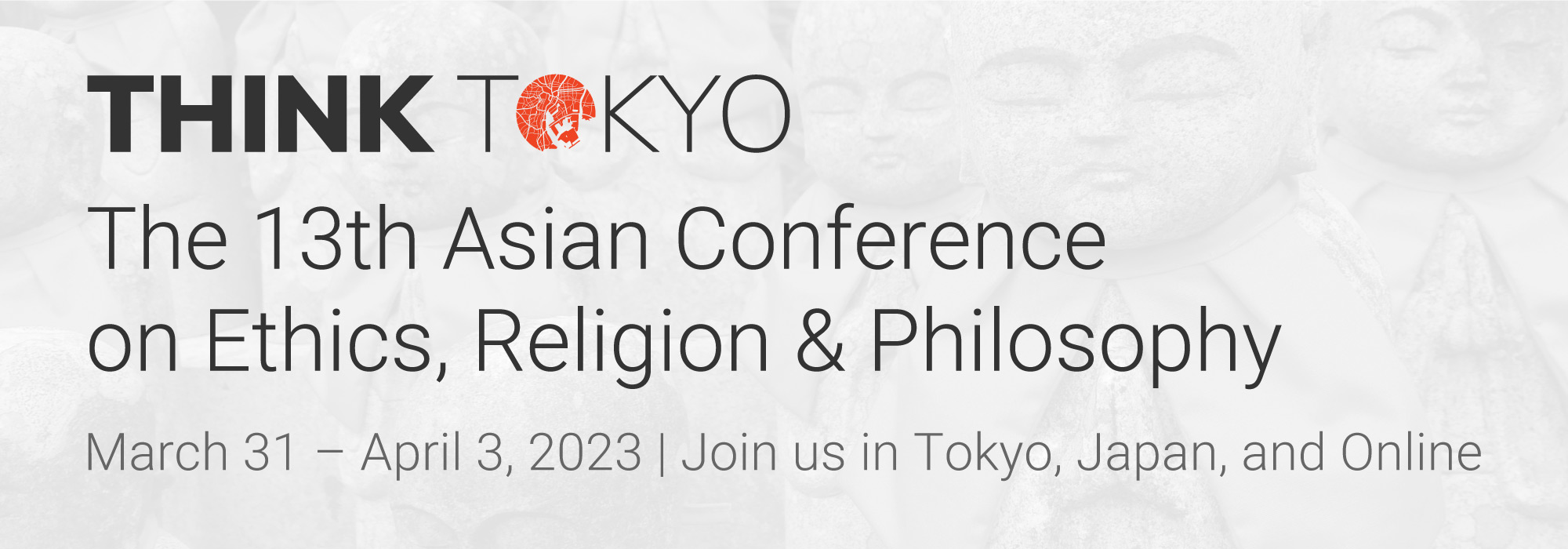Changes in Expectancies for the Hypnotic State Directly Associated With Improvements in Conscious/Nonconscious Attitudes Towards Hypnosis Part 2: Pre-psycho-education Scores (67407)
Session: On Demand
Room: Virtual Poster Presentation
Presentation Type:Virtual Poster Presentation
There is evidence that hypnosis is effective for psychosomatic disorders such as irritable bowel syndrome and chronic pain. However, hypnosis has not been fully utilized in psychosomatic medicine in Japan. Nakatani et al. (2021) reported the effects of psycho-education on improving conscious/nonconscious attitudes towards hypnosis using the attitude towards hypnosis score at the pre-psycho-education (high/low) based on the mean as an independent variable. However, using the mean as a criterion is questionable because many people have positive conscious attitude towards hypnosis, but negative nonconscious attitude towards hypnosis (Fukui & Oura, 2016). Therefore, the current study compared the results of an ANOVA with the attitude towards hypnosis scores at the pre-psycho-education divided by the theoretical median (high/low) or attitude towards hypnosis scores divided by the mean as independent variables. University students’ (N = 54) conscious attitude towards hypnosis was assessed by a questionnaire (Shimizu, 2009) and nonconscious attitude towards hypnosis by the Implicit Association Test (Fukui & Oura, 2016) before and after psycho-education. The data overlap with a series of past studies (Nakatani et al., 2020, 2021, 2022). Regardless of the criterion, the results indicated that correcting expectancies for loss of control improved conscious attitude towards hypnosis in the negative pre-conscious attitude towards hypnosis group and that there was a significant difference between the decrease in the high pre-nonconscious attitude towards hypnosis group and the increase in the low pre-nonconscious attitude towards hypnosis group. These findings suggest that the results are similar irrespective of the criterion.
Authors:
Tomomi Nakatani, Konan University, Japan
Yoshikazu Fukui, Konan University, Japan
Shin-ichi Oura, Tokai-Gakuin University, Japan
Takahiro Imaida, University of Human Environments, Japan
About the Presenter(s)
Ms Tomomi Nakatani is a University Doctoral Student at Graduate School of Konan University in Japan
See this presentation on the full schedule – On Demand Schedule
The Virtual Poster Presentation PDF is not currently available.





Comments
Powered by WP LinkPress